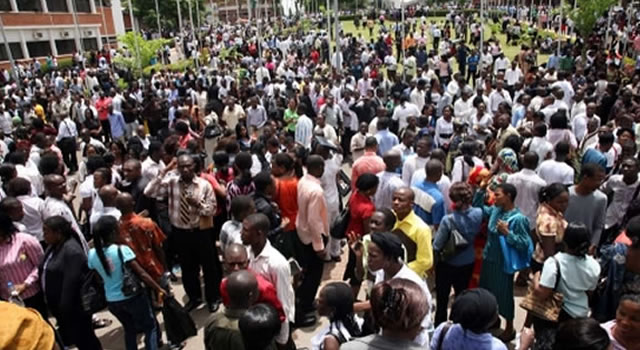West African Youth Peace Mission (WAYPEM) has intensified efforts to launch a $50 billion project to promote entrepreneurship, check unemployment and poverty in Nigeria and other countries.
The promoters of the initiative also called for viable ministries of youth and women affairs as pillars for developing this critical segment of the Nigerian society and hinted that the project would begin in March this year.
Its president, Dr Godwill Richman, who spoke at a press briefing in Abuja, acknowledged the burgeoning population of women and youth across the country and highlighted the need for innovative initiatives to address unemployment challenges.
Richman gave details of WAYPEM’s ambitious vision of establishing a $50 billion World Peace Centre in Abuja, to provide employment opportunities for both local and global populations.
He harped on the urgency of addressing the increasing population of young people and women, highlighting the potential consequences if not addressed promptly.
Detailing the structure and purpose of the World Peace Centre, Richman outlined plans for university blocks catering to postgraduate students, a centre for peace and conflict resolution, commercial spaces resembling the World Trade Centre in the USA and various facilities to empower and uplift the youth.
He said the $50 billion project is not solely about construction but aims to create a sustainable impact by training and capitalising on entrepreneurship.
WAYPEM envisions lifting over 20 million young people out of poverty in Nigeria within the next 15 years through specialised training programmes.
The proposed World Peace Centre according to him, envisioned to include a specialist hospital, reducing the need for medical tourism abroad.
He highlighted the multifaceted approach of the project, encompassing education, healthcare, and economic empowerment, contributing to the holistic development of the nation.
Richman announced that the commencement of the World Peace Centre’s structure is slated for March 2024, with completion expected within five to six years, signaling a significant step toward addressing the pressing issues faced by Nigeria’s youth and women.



